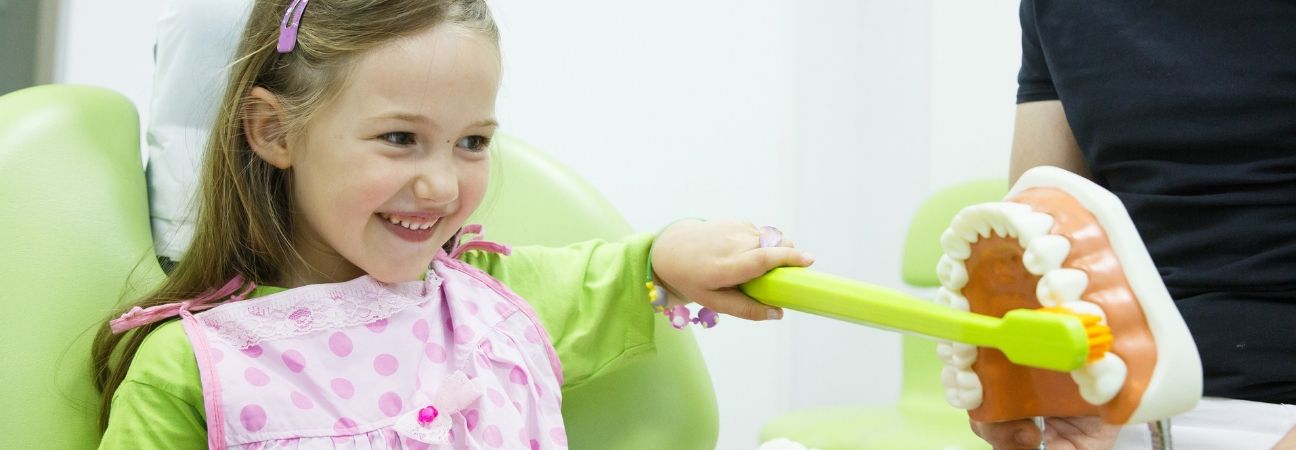
Regular dental checkups are vital for maintaining your child’s oral health. These visits not only ensure the cleanliness of their teeth but also play a critical role in early detection and prevention of potential issues. At Wilson Pediatric Dentistry, we emphasize the significance of establishing a consistent dental routine from an early age.
Benefits of Consistent Dental Visits for Children
Frequent visits to the dentist help instill good oral hygiene habits in children. Regular checkups offer the opportunity for professional teeth cleaning in Greenville, NC, which helps remove plaque and tartar that daily brushing might miss. This proactive approach reduces the risk of cavities and other dental problems. By creating a positive experience at the dentist, children are more likely to continue these healthy habits into adulthood.
Early Detection and Treatment of Cavities
Early detection of cavities is crucial in preventing more serious dental issues. Regular dental visits allow our team to identify and address cavities before they become painful or cause significant damage. When cavities are caught early, cavity treatments are simpler and less invasive. Our dentists can provide dental fillings in Greenville, NC, to restore tooth function and prevent further decay, ensuring your child maintains a healthy smile.
The Role of Wilson Pediatric Dentistry
Wilson Pediatric Dentistry is dedicated to providing a safe and welcoming environment for children. Our team has extensive experience handling pediatric dental needs, ensuring each visit is comfortable and stress-free. We understand the unique requirements of young patients and tailor our services to meet their specific needs. From comprehensive exams to gentle cavity treatments, we prioritize your child’s oral health.
Making Teeth Cleaning in Greenville NC a Regular Routine
Incorporating teeth cleaning in Greenville NC into your child’s routine is essential for maintaining their oral health. Regular cleanings not only keep their teeth bright and beautiful but also prevent the buildup of harmful bacteria. Our skilled hygienists work diligently to provide thorough cleanings, ensuring your child’s teeth stay strong and healthy.
Encouraging regular dental checkups is one of the best ways parents can support their child’s oral health. At Wilson Pediatric Dentistry, we are committed to helping families establish and maintain effective dental routines. By prioritizing these visits, parents can ensure their children receive the best possible care and enjoy a lifetime of healthy smiles. Schedule your child’s next appointment today and take the first step toward optimum oral health.






